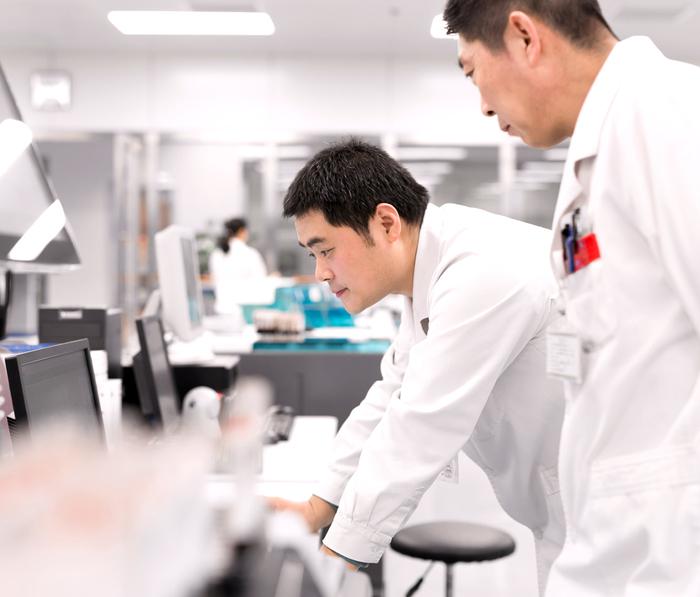Despite domestic opposition, the Malaysian government looks set to take action against the inventor of an innovative medicine that will do little to improve access for patients and much to damage the country’s potential as a center for cutting-edge biopharmaceutical research and development.
According to a press statement the Minister of Health issued late last month, the Malaysian cabinet has approved plans to compulsory license the patent on sofosbuvir – a breakthrough Hepatitis-C treatment that delivers cures for many. If issued, the license would allow the government to make, use, sell or import the medicine without the patent holder’s consent.
Such a move would do little to help Malaysian patients. Weeks before the Health Minister’s statement appeared, the company that developed sofosbuvir announced plans to include Malaysia in a broader network of voluntary licensing agreements that already allow more than 90 countries to produce cheaper generic versions of its Hepatitis-C products.
A growing body of research is demonstrating that compulsory licensing is not an effective way to lower medicines prices or to speed access to new treatments and cures for patients. Indeed, a comprehensive study of antiretroviral medicines found compulsory licensing typically does not result in lower prices compared to other alternatives.
But a compulsory license would send a devastating signal to inventors around the world that their patents are not safe in Malaysia. The Malaysian government has worked hard to attract biopharmaceutical investment, including through promising initiatives like the National Key Economic Areas program. That progress could be put at risk.
Recent research has shown that intellectual property-intensive industries make significantly higher economic contributions than other industries – contributions that would greatly benefit Malaysia’s growing economy. But decisions that undermine patents and other intellectual property will only roll up the welcome mat.
Fortunately, some are urging caution. In a written statement, the head of the Galen Centre for Health and Social Policy – a Kuala Lumpur-based think tank – warned a compulsory license could “represent a pyrrhic approach to a long-term problem with possible consequences and complications such as reduced access to future innovative drugs for other diseases”.
He said the country risked being perceived as “unfriendly to innovation and intellectual property rights, becoming a less attractive location for clinical trials”. Malaysia’s leaders should listen.


